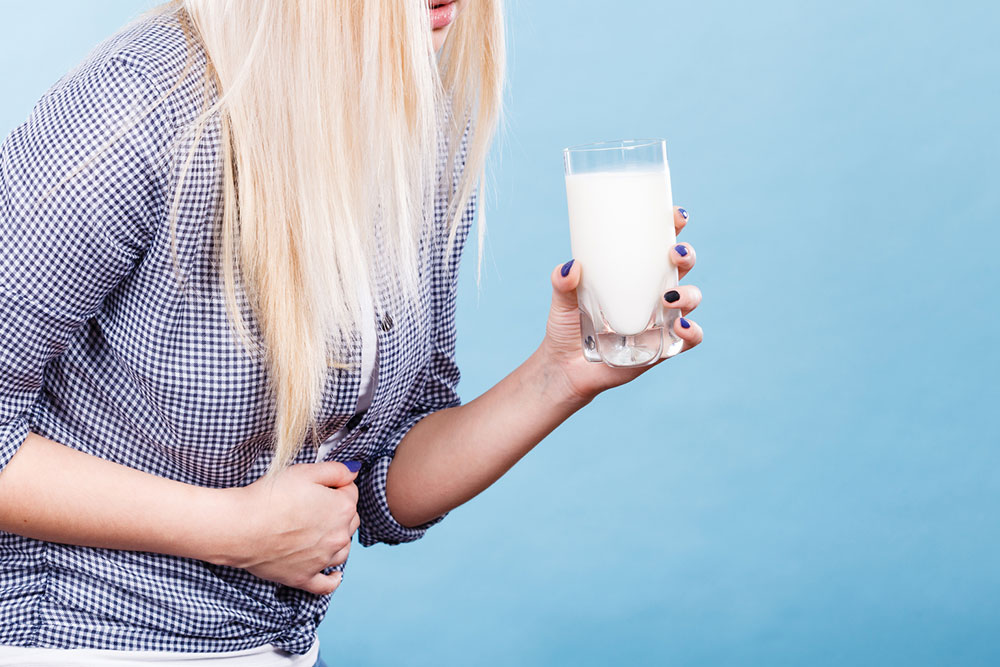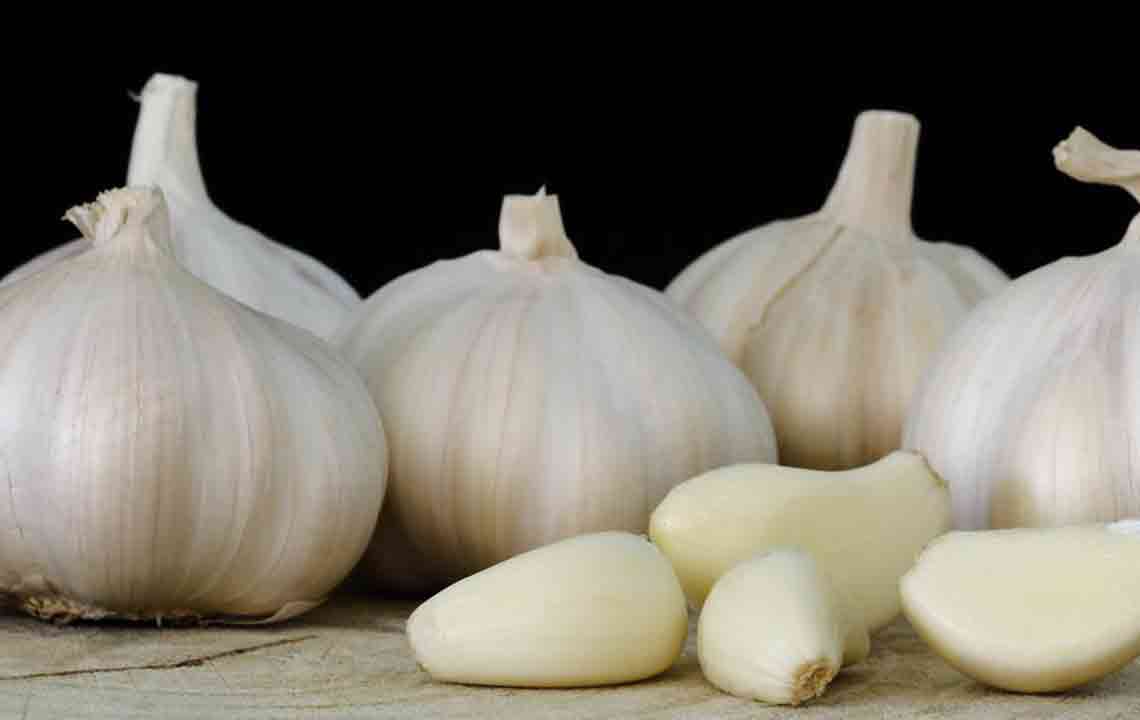Comprehensive Guide to Relieving Constipation Naturally in Adults
This comprehensive guide provides effective natural strategies for relieving constipation in adults, emphasizing the importance of hydration, dietary fiber, exercise, and lifestyle changes. It offers practical tips and highlights when to seek professional help for persistent issues, promoting better digestive health and overall wellbeing.

Comprehensive Guide to Relieving Constipation Naturally in Adults
Constipation is one of the most common digestive complaints affecting adults across the globe, causing discomfort, bloating, and irregular bowel habits. Defined generally as having fewer than three bowel movements per week or experiencing difficult, lumpy, or incomplete evacuation, constipation can significantly impact quality of life. While it might seem trivial to some, chronic constipation can lead to more serious health issues such as hemorrhoids, anal fissures, or even rectal prolapse if left untreated. Therefore, understanding effective, natural strategies to manage and alleviate constipation is vital for maintaining overall gut health and wellbeing.
Various factors contribute to constipation, including poor dietary habits, lack of physical activity, dehydration, stress, and certain medications. Modern lifestyles often promote sedentary behavior and low fiber diets, both of which exacerbate digestive sluggishness. While over-the-counter (OTC) laxatives are popular options, long-term reliance on medication can sometimes cause dependency and undesirable side effects. Consequently, many experts encourage adopting natural remedies and lifestyle modifications as first-line treatments for managing constipation effectively.
Importance of Hydration in Managing Constipation
One of the simplest yet most effective strategies to combat constipation involves increasing fluid intake. Drinking adequate amounts of water throughout the day helps soften stool, making it easier to pass. Dehydration leads to drier, harder stool that is difficult to evacuate, so maintaining optimal hydration levels is crucial. While plain water is excellent, some individuals find that sparkling water can sometimes stimulate bowel movement more effectively due to its carbonation content. However, it's advisable to avoid sugary sodas or artificially sweetened drinks, as they can worsen digestive issues by promoting bloating or irregularity.
Enhancing Dietary Fiber for Better Digestion
Dietary fiber plays a vital role in maintaining healthy bowel movements. Consuming a high-fiber diet rich in fruits, vegetables, whole grains, legumes, nuts, and seeds helps add bulk to stool, encouraging regularity. Fiber increases stool volume and softens it, facilitating quicker transit through the colon. There are two main types of dietary fiber: insoluble fiber, found in whole grains, nuts, and vegetables, which adds bulk and accelerates transit; and soluble fiber, present in oats, fruits, and legumes, which forms gels that help smooth and regulate bowel movements. Incorporating a variety of fiber-rich foods into daily meals ensures a balanced approach to relieving constipation.
Incorporating Physical Activity into Your Routine
Regular physical activity is essential for maintaining healthy digestion. Exercise stimulates intestinal motility, which helps move stool through the colon more efficiently. Activities such as brisk walking, jogging, cycling, and doing yoga are particularly effective in promoting bowel regularity. Even moderate activities like stretching or light aerobics can significantly reduce constipation symptoms. Establishing a consistent exercise routine not only benefits digestive health but also improves overall physical and mental wellbeing. For individuals experiencing persistent constipation, integrating daily movement can be a powerful natural remedy.
Additional Tips and Professional Guidance
Other lifestyle modifications that can aid in alleviating constipation include establishing a regular toilet routine, avoiding delaying bowel movements, and managing stress levels through relaxation techniques. For some, adding natural remedies such as prunes or prune juice, which contain sorbitol—a natural laxative—can provide relief. However, if dietary changes and lifestyle adjustments do not bring improvement within a few days, or if symptoms worsen, consulting a healthcare professional is essential. Medical advice may include further diagnostic tests or prescription treatments tailored to individual needs. Addressing underlying causes, such as medication side effects or health conditions, ensures comprehensive management of constipation.
In conclusion, managing constipation effectively involves a combination of hydration, dietary fiber, physical activity, and lifestyle adjustments. These natural strategies can significantly improve bowel health, reduce discomfort, and promote a more regular digestive routine. By adopting these habits, individuals can often resolve mild to moderate constipation without relying solely on medication, thereby supporting long-term gut health and overall wellness.





